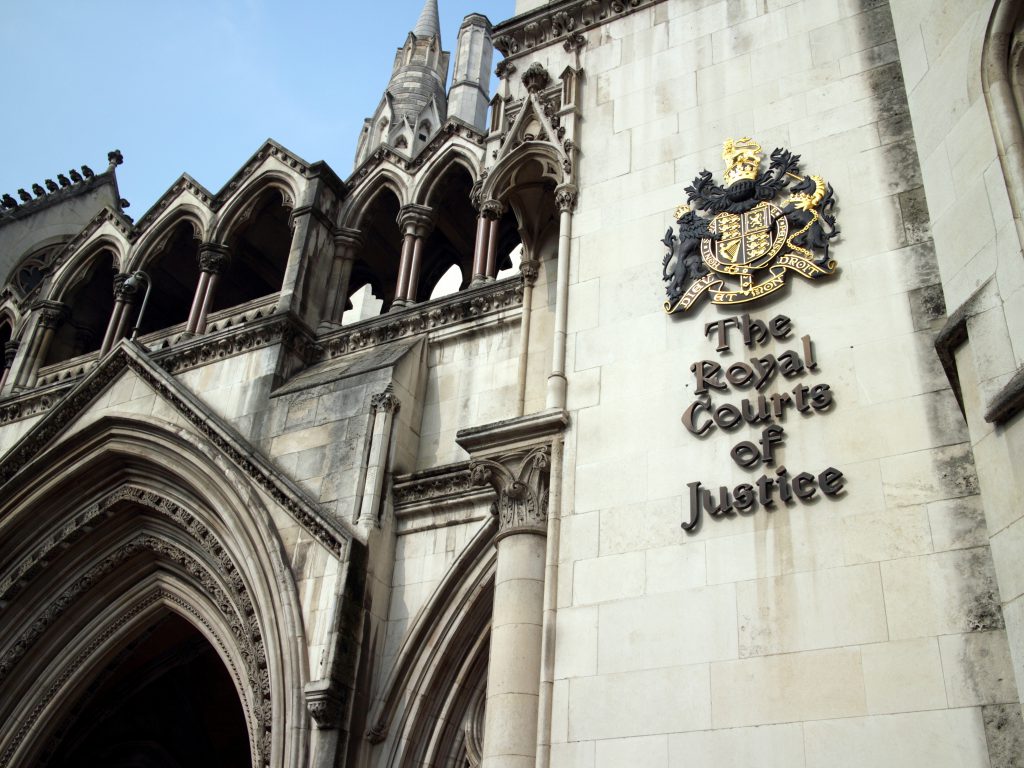
Mr Konecny appealed against his extradition from the UK to the Czech Republic on a conviction EAW. He had been convicted in his absence in 2008 of three fraud offences and sentenced to 8 years’ imprisonment. The Administrative Court dismissed his appeal, in Konecny v District Court Czech Republic [2017] EWHC 2360 (Admin).
Passage of time
It was agreed that Mr Konency was not a fugitive and was unaware of his conviction and sentence in the Czech Republic until his arrest in 2017. He submitted that the ‘passage of time’ the court should consider under s14(b) EA 2003 started running from the date of the commission of the first offence, namely November 2004. He also submitted that extradition would be unjust due to passage of time because it appeared that the Czech authorities had lost documents that demonstrated his innocence.
The court held that the operative date was when the appellant became unlawfully at large, which was an objective state to which his knowledge was irrelevant: “Accordingly, in my judgment, the fact that the Appellant was unaware of his conviction and sentence in the Czech Republic until 2017 is irrelevant to the question of when he became unlawfully at large. In accordance with Wiszniewski he became unlawfully at large upon the date when a lawful sentence was imposed upon him in respect of his convictions for fraud. The date when that sentence was imposed was 12 May 2008.
The court also held that extradition would not be unjust because “I am entitled to infer and do infer that the evidence presented to the court justified the convictions. Upon his return to the Czech Republic the Appellant can exercise his right to have a re-trial if so advised and I must assume or infer that such a trial will be fair within Article 6 ECHR. That being so the production of the Appellant’s documents will, if he is correct, result in his acquittal. If they are not adduced in evidence the reason for that state of affairs will be examined critically and the Appellant’s right to a fair trial respected.”
Neither did the effects of extradition reach the high bar necessary to show oppression. The effects of delay were best dealt with under Article 8.
Article 8 ECHR
The District Judge was entitled to treat the Czech authorities’ description of Mr Konecny as a “particularly dangerous recidivist” as a factor in favour of extradition despite his good character and employment in the UK since 2007. The lengthy sentence and right to a retrial also favoured extradition. The delays in issuing the EAW in the Czech Republic (2013) and certifying it in the UK (2017) were unexplained, troubling and “a powerful factor militating against extradition” but ultimately it could not be said that the District Judge was wrong to find that his Article 8 rights to a private and family life did not outweigh the public interest in extradition.
Categories: Czech Republic, United Kingdom



Recent Comments